By Patricia A. Scheyer
NKyTribune reporter
As part of a continuing gradual change in protocol, the Boone County Fiscal Court held a town hall-type caucus meeting this week to listen to the concerns that residents have about their county.
Despite the open invitation to talk to the guys in charge of the county, there was not a great turnout of residents, but those who did come definitely had questions.
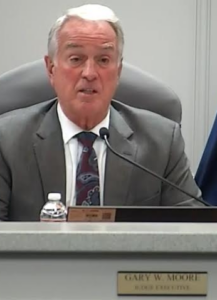
Michele Kelley led the questions with a threefold statement.
“We seem to have a lot of warehouses in the county, and we keep wanting to add more,” Kelly said. “There needs to be an accountability of how many there are and if they’re vacant or not. Additionally, apartments. I understand housing is very expensive for people. But we need to have
accountability of how many apartments we have, and how many of those are being used and how many are empty and it needs to be updated, both of those things, on a regular basis so that you all are informed about what the county really needs.”
Amy Stauffer questioned the proposed warehouse in the Graves Road intersection area. She said in talking to officials she knows that the owner, Levi Strauss, has pulled out of that project, but not before obtaining permission to build the largest warehouse in the county on the property. Stauffer said she heard that the developer, Neyer, had bought some of that property, and she wanted to know if that company could continue with plans to build a mega warehouse on that property.
Judge Executive Gary Moore said he was under the impression that both companies were not exercising their purchase contract. County Administrator Matthew Webster interjected that the zoning and the concept development plan run with the land, and anyone can come in and build what was approved, but if they want a change in the concept development plan they would have to go back and go through the whole process again.
Stauffer asked if the county could somehow acquire the project and concept development plan, and get it declared null and void, so that Boone County would never achieve the dubious honor of being home to the most enormous warehouse anywhere, and Commissioner Chet Hand said he thought they could do that legally, from the research he has done.
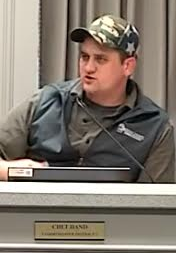
Dennis Kelley said within a ten-mile radius of his house on Gaines Way, there are ten warehouses that are either for rent or for lease, and they are totally empty.
“And they still want to build more warehouses,” he stated. “I do not understand that at all.”
“The warehouses that have happened, I think there is a misunderstanding that the county wants the warehouses, but we don’t,” Moore said. “We have not incentivized distribution type projects in Boone County since 2018, when we drew a line in the sand and said it’s crazy to incentive these kind of projects. I don’t think we made that clear to the broader public back then.”
He said they keep coming because this area is central to the area, but that makes it even more important to weigh in on the land use in the goals and objectives in the Planning and Zoning Comprehensive Plan, which is going on right now.
Commissioner Hand said the county needs to tell the Planning Commission exactly what they want to see in the county. He said what needs to be in the comprehensive plan is an idea of how many of something that they want as a target amount, and they need to present that data to the planning commission. For instance, he said, in a certain area, if someone applies for a zone change to put apartments in that area, Boone County needs to know if they are at 85 percent of capacity for apartments in that area, or 105 percent capacity. If the county knows how many warehouses, apartments, or retail space they have in every specific area, and they share that information with the Planning Commission, the Commission can then make decisions about how much to add to an area accordingly.

“When they (the Planning commission) go to make a decision, it has nothing to do with how many we need or want, and it has everything to do with how they feel about it at the moment,” Hand said. “It is undeniable that we can have too much of something. Our goals and objectives and our strategies within the Comp Plan need to have measurable metrics that we can evaluate against. I think it is important that that element of measurable metrics gets into the comp plan somehow.”
Judge Moore wondered aloud if the county would be permitted to get those metrics and numbers into the Planning and Zoning Commission.
Commissioner Hand said yes, he believes that they can do it, through the land use portion of the plan. Judge Moore thought that was possible.
Apartments were discussed, and Judge Moore said that none of the multi-family apartment units approved and built in the last 5 years have been HUD low income,, except for one on Farmview Drive in Florence. Moore said the apartments that they have seen constructed recently have been for people coming into town for jobs, and they are renting for $1600 a month and up.
Anyone who is an immigrant does not qualify for a HUD voucher, according to a federal law, Moore explained. There are a lot of misunderstanding around those things.
The town hall type session seemed to be successful, and Judge Moore said there will be more throughout the year.







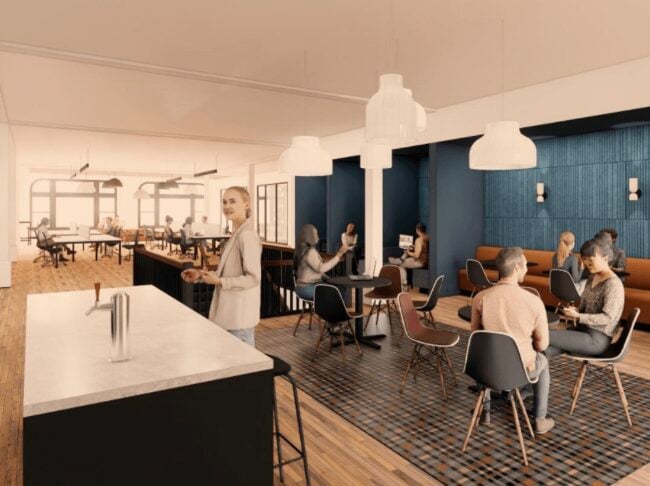
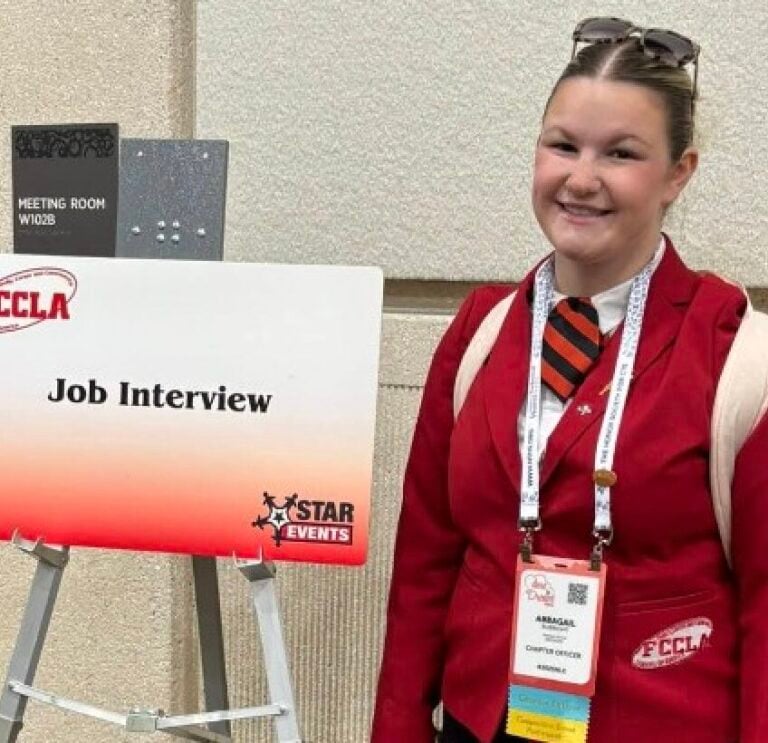


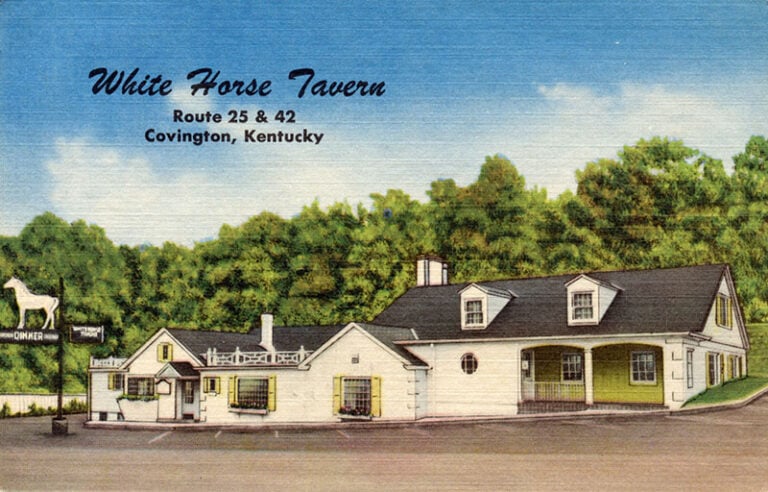





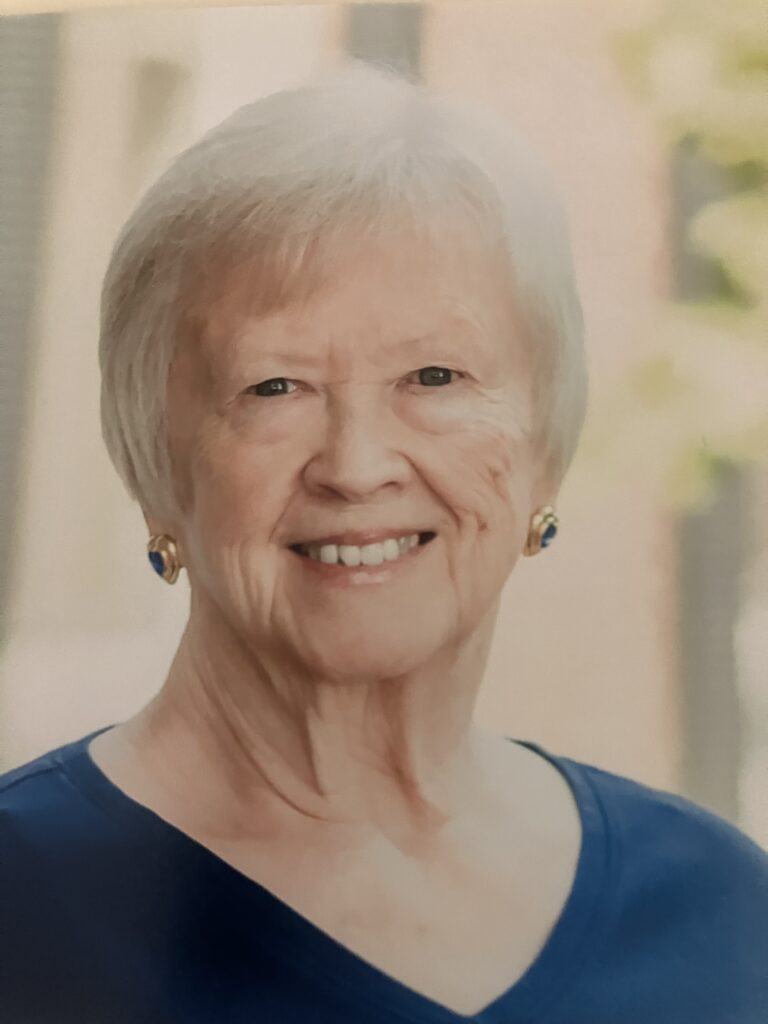
Do you know where/how the schedule of public-forum meetings is posted or announced?